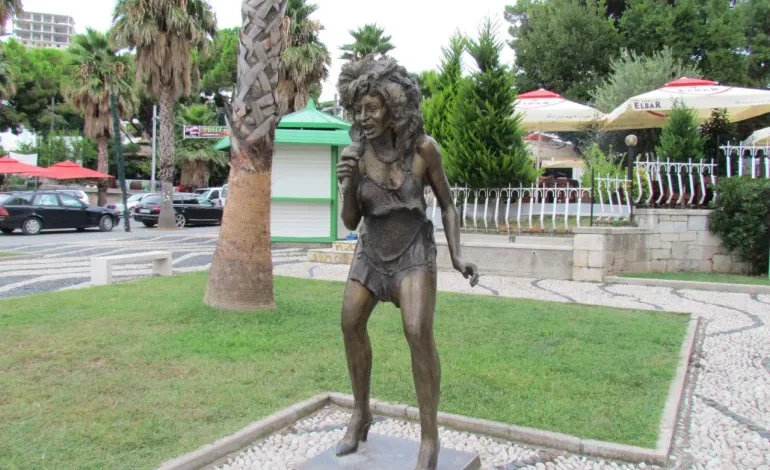How did Tina Turner become an unlikely icon in Albania?

“Tina Turner, the ‘Queen of Rock ’n’ Roll’, has died peacefully today at the age of 83 after a long illness in her home in Kusnacht near Zurich, Switzerland,” her publicist said in a statement on Wednesday.
The news of the American-born soul legend’s passing led to an outpouring of tributes from across the world with countless music fans, singers, athletes and politicians taking to social media to celebrate her life and many achievements.
With her powerful ballads and catchy dance hits playing non-stop on the radio and her music videos dominating TV screens, I too found myself thinking of all the times Turner and her music had touched my life. And my memories of her immediately took me to what may seem like an unlikely place – the Albanian port city of Durrës.
As a sociocultural anthropologist who studies race and belonging, I have long been doing research in Albania and Eastern Europe on questions relating to identity formation, cultural practices and globalisation.
In 2018, during a visit to Durrës, I came across a life-sizedbronze statue of Turner on a cafe-lined square not far from the beach. Standing next to statues of Mick Jagger, John Lennon and Bob Dylan, the figure of Turner holding a microphone in a mini-dress and high heels was a clear sign of her global influence.
Having visited the country regularly since 2006 and even living there for periods of time, I was not surprised to see Turner honoured in this way in an Albanian city.
During my time there, I would often hear American rock music in cafés, bars and lounges. On windy roads from north to south I would sit next to bus and van drivers who continuously played rock music – and often Turner’s music – on their radios, singing along to all the lyrics. “We Albanians love rock ‘n’ roll,” people would exclaim. “For us, this music is the best!”
I remember once sitting in a café near my apartment in central Albania as the owner played songs from Turner’s Private Dancer album. I started singing along and when our eyes met, he gave a thumbs-up and said, “Kjo është më e mira [She is the best]!”
Turner never performed a single concert in Albania, but she is an icon of freedom and power in the eyes of many Albanians.
There are several reasons behind the extensive appreciation of Turner in Albania and other parts of Eastern Europe.For nearly 47 years, Albania experienced what many have argued was the most restrictive communist regime in Eastern Europe. The country’s dictator, Enver Hoxha, ruled the country with an iron fist and worked to cut all contact between Albanians and the Western world. Movement outside the country was very restricted, and internal movement was also tightly controlled. The state-run radio and television stations broadcast little other than state propaganda. Access to music and media from other countries was severely limited, and while some residents made covert attempts to access Western popular culture, many did not because the consequences of breaking the law were severe.










